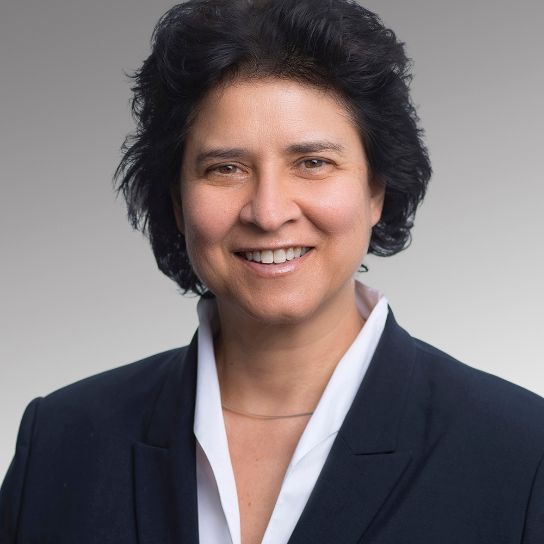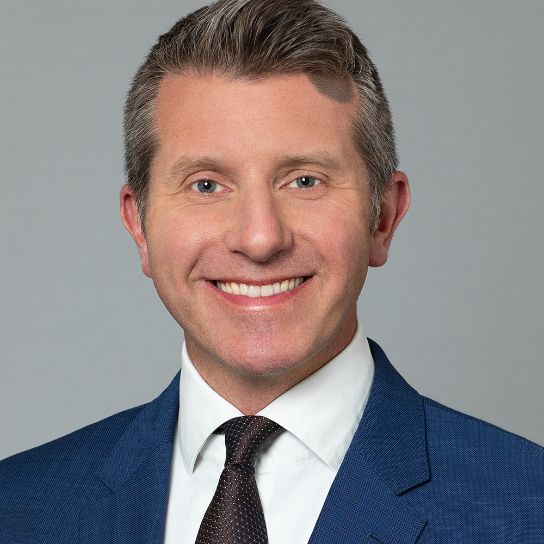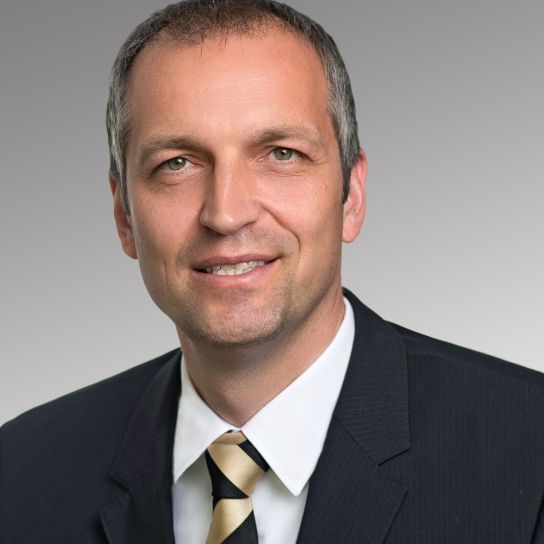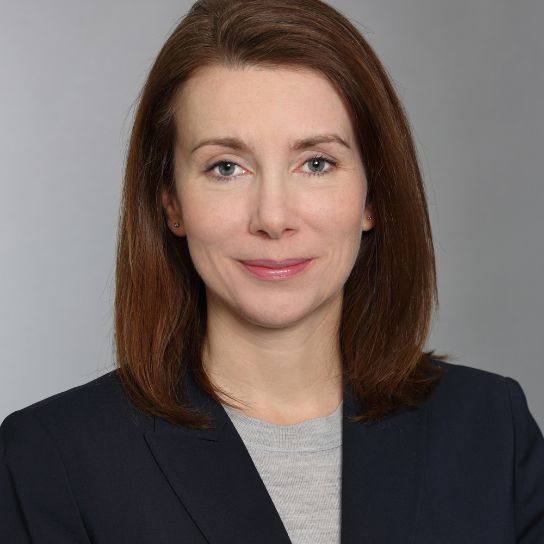The "Grand Coalition I" of the Christian Democratic Union (CDU) and the Social Democrats (SPD) has governed Germany under the leadership of Angela Merkel for the past four years. After the federal elections in September 2017 they agreed on exploratory talks on a renewal of the grand coalition and approved coalition negotiations to avoid new elections. After marathon talks Chancellor Merkel's conservative leaders and the leaders of the Social Democrats agreed last Wednesday on the legislative agenda of the new German Government. Ultimately the renewal of the grand coalition depends on the SPD membership vote on the "coalition deal", which is scheduled for early March. We briefly summarize what businesses can expect from the new "Grand Coalition II":
European integration and fair taxation
The upcoming new German Government supports a European financial transaction tax to stabilize the financial market. In the context of a stronger European integration it targets to tackle tax dumping as well as avoidance and evasion of taxes at the European and international level. As a key point of the electoral manifest of both parties, especially transnational companies like the internet companies Google, Apple, Facebook and Amazon ought to be subject to a fair taxation. This is the response to a public criticism against tax evasion by international companies operating in Germany. The Grand Coalition II intends to stop the "race to the bottom" of company taxation within the framework of the European Union. In line with this the coalition agreement postulates that Germany will join forces together with France to implement the principle "the country where a company generates profits is the country where these profits are taxed" as a European response to challenges of global taxation.
CETA provisions as Blueprint for Future Free Trade Agreements
The coalition agreement underlines the need for free and fair global trade and stresses the importance of bi- and multilateral treaties as an instrument for actively shaping globalisation. In the current public debate of the standard of investor state arbitration and investment treaties, the new German Government considers the "Comprehensive Economic and Trade Agreement" (CETA) between the European Union and Canada as the gold standard of investment treaties to be implemented in future investment treaties.
Partner to contact: Dr Patricia Nacimiento
Initiatives for Economic Growth
To ensure the development of the booming German economy, the new Government intends to promote start-ups through reduction of bureaucracy as well as tax incentives for development and research within small and medium sized companies. The Merkel Government plans to invest heavily in the expansion of the gigabit-network as fast internet connections are essential for companies in the globalized and digitalized 21st century. In order to promote creative innovations and modernize German industries, the Grand Coalition II is committed to stimulate investments in digitalization through tax incentives and it will ensure immigration of qualified employees through a new migration law.
Labour law reform
The current provisions in the Working Hours Act often do not comply with the demands of globalized companies. To bridge this legislative gap the new Government intends to increase flexibility of working hours and promote self-determined working time, but only by opening experimental space for companies bound to collective bargaining agreements to deviate in agreements with works councils (e.g. to provide for a more flexible weekly maximum working time).
The right to work part-time for a limited period of time will be introduced in companies regularly employing more than 45 employees (with a limitation of the number of employees participating for companies employing not more than 200 employees).
The model of unfounded fixed-term employment contracts will be restricted to a maximum term of 18 months (instead of 24 months presently). Companies with more than 75 employees may conclude unfounded fixed-term employment contracts with no more than 2.5 per cent of their staff. At least the Grand Coalition refrained from abolishing unfounded fixed-term contracts, as initially requested by the SPD. Such a reform would have further restricted the companies' flexibility and deprived employees of their opportunity of having their limited-term employment relationship turned into a permanent one.
Fixed-term contracts with an objective reason will no longer be permissible if the employee has previously had an indefinite or fixed-term contract of at least five years with the same company. This shall deter the practice of repeated fixed-term employment.
Partner and Consultant to contact: Moritz Kunz and Dr Anja Lingscheid
Corporate Criminal Liability and Internal Investigations
In order to effectively prosecute and punish white-collar crime and ensure a nationwide consistent imposition of sanctions, the Grand Coalition II strives to give up the opportunity principle as laid down in the Act on Regulatory Offences, which until now makes it up to the discretion of the responsible authority to decide whether the company profiting from its employee's misconduct is also being prosecuted. As the current upper limit of fines of ten million euros is considered being too high for smaller companies and too low for large corporations, in the future sanctions shall be oriented to the economic power of the company, which can lead to increased fines of up to 10 per cent of annual turnover. Sanctions will be made public in a suitable way.
The new German Government will regulate "Internal Investigations", in particular with regard to searches and seized documents, in order to remove the legal uncertainty produced by recent court rulings. It will create legal incentives for people who contribute to "Internal Investigations" and for the subsequent disclosure of the investigation results.
Partner to contact: Helmut Goerling
AML continues to be focus of anti-financial crime efforts
Even though Germany only recently implemented the 4th EU Anti-Money Laundering (AML) Directive in June 2017, thereby stipulating severe sanctions for violations, the German Government plans to continue its combat against international money laundering. This will further increase the pressure on companies to adjust their AML compliance and whistleblowing systems to mitigate and manage effectively risks of money laundering and terrorist financing.
Partner to contact: Dr Dirk Seiler
Strengthening Germany as a place for dispute resolution
Finally, businesses will profit from the enhanced attractiveness of Germany as a place of jurisdiction. The new German Government intends to further improve its judicial system through the employment of additional personnel, the implementation of IT-solutions and more efficient judicial proceedings. This modernization and strengthening will not only ensure swifter court proceedings but also further promote Germany as a convenient forum.
Partner to contact: Dr Mathias Wittinghofer
Conclusion
In summary, the coalition agreement strives for measures against tax evasion and for fair taxation of international companies, for modernization, digitalization and incentives for start-ups as well as small and medium sized companies, a new investment treaty standard, a labour law reform and improvements of the judicial system combined with increased efforts to tackle economic crime. With this agreement, hopefully, the new Merkel Government will steer the country safely through the challenges of transforming Germany into an "industry 4.0".
Key contacts
Legal Notice
The contents of this publication are for reference purposes only and may not be current as at the date of accessing this publication. They do not constitute legal advice and should not be relied upon as such. Specific legal advice about your specific circumstances should always be sought separately before taking any action based on this publication.
© Herbert Smith Freehills 2024




